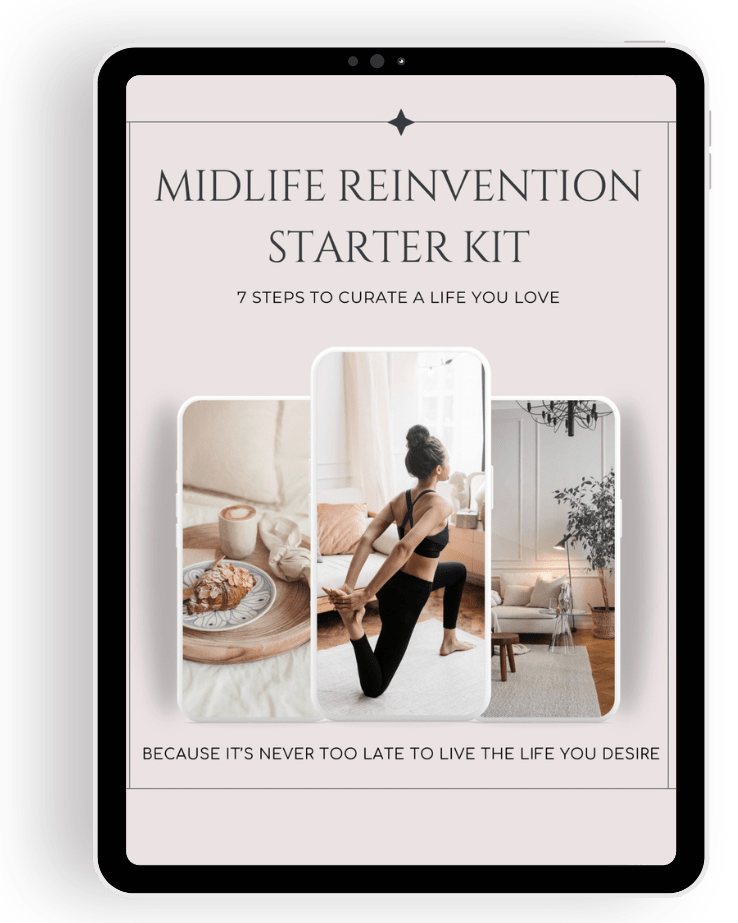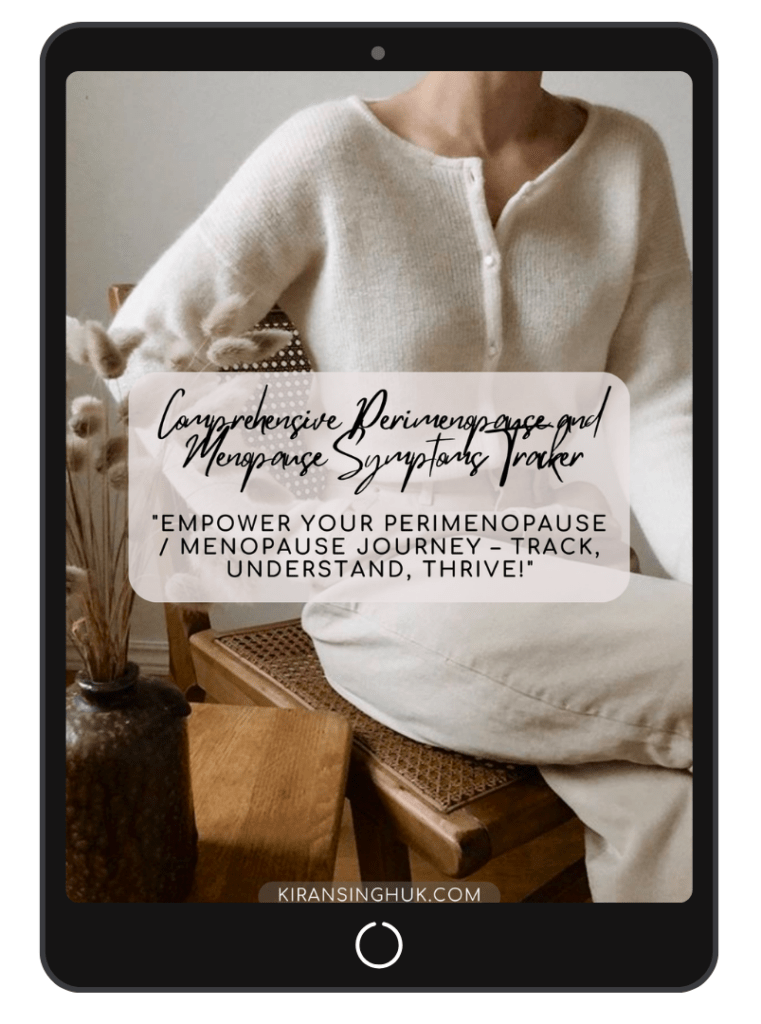As women transition from perimenopause into menopause, many report experiencing cognitive challenges commonly referred to as “brain fog.” This phenomenon encompasses symptoms such as forgetfulness, difficulty concentrating, and mental cloudiness. Recent studies have delved deeper into understanding the underlying causes of these cognitive changes, offering new perspectives and potential strategies for management.

The Hormonal Connection: Estrogen’s Role in Cognitive Function
Estrogen, a hormone that declines during menopause, plays a significant role in brain health. Recent imaging studies have revealed that as estrogen levels decrease, the brain may compensate by increasing the density of estrogen receptors in certain regions. This adaptive mechanism suggests that the brain attempts to maintain cognitive function despite hormonal fluctuations.
However, this compensatory response may not fully offset the cognitive challenges some women experience. The decline in estrogen is believed to influence neurotransmitter systems, potentially leading to symptoms of brain fog.
Beyond Hormones: Other Contributing Factors
While hormonal changes are central to menopausal brain fog, other factors also play a role:
- Sleep Disturbances: Menopause often brings about sleep issues, such as insomnia and night sweats, which can impair cognitive function.
- Mood Changes: Increased anxiety and depression during this transition have been linked to cognitive difficulties.
- Vasomotor Symptoms: Hot flashes and night sweats, common during menopause, have been associated with cognitive complaints.

Recent Research Findings
A study published in Scientific Reports highlighted a potential link between estrogen activity and menopausal brain fog. Researchers found that as estrogen levels decline, the brain increases the number of estrogen receptors, possibly as a compensatory mechanism. This increase in receptors was associated with worse cognitive performance and heightened mood symptoms, suggesting that the brain’s attempt to adapt to hormonal changes might not fully prevent cognitive challenges.
Another review emphasized the relationship between cognitive difficulties and various menopause-related symptoms, including anxiety, depression, fatigue, sleep problems, and vasomotor symptoms. These findings suggest that brain fog during perimenopause and menopause is multifaceted, and influenced by both hormonal and non-hormonal factors.
Differentiating Brain Fog from Other Cognitive Disorders
It’s essential to distinguish menopausal brain fog from other cognitive conditions, such as Alzheimer’s disease. While both can involve memory issues, menopausal brain fog is typically temporary and linked to hormonal changes, whereas Alzheimer’s is a progressive neurodegenerative disorder. If cognitive symptoms are severe or persist beyond menopause, it’s crucial to consult a healthcare professional for a comprehensive evaluation.
Strategies for Managing Brain Fog
While research is ongoing, several approaches may help alleviate cognitive symptoms during perimenopause and menopause:
- Lifestyle Modifications: Regular physical activity, a balanced diet rich in phytoestrogens, and adequate sleep can support cognitive health.
- Stress Management: Techniques such as mindfulness, meditation, and yoga may reduce stress and improve cognitive function.
- Medical Interventions: Hormone Replacement Therapy (HRT) has been explored for cognitive symptoms, but its efficacy varies, and it’s not universally recommended. It’s essential to discuss the potential benefits and risks with a healthcare provider.
- Cognitive Training: Engaging in activities that challenge the brain, such as puzzles, reading, or learning new skills, can help maintain cognitive function.

Conclusion
Brain fog during perimenopause and menopause is a genuine experience for many women, stemming from a complex interplay of hormonal changes and other factors. Recent research has deepened our understanding of these cognitive challenges, highlighting the brain’s adaptive responses to declining estrogen levels. By staying informed and proactive, women can navigate this transition more effectively, maintaining cognitive health and overall well-being.
DISCLAIMER
I am not a health professional or medical practitioner. I am a certified Menopause Wellness Coach, and the information provided here is intended for educational and informational purposes only. It should not be taken as medical advice, diagnosis, or treatment. For any health-related concerns or queries, please consult your GP or a qualified healthcare provider. Always seek the advice of a medical professional before making any changes to your healthcare routine or starting new treatments.

Feel free to sign up to my Friday Morning Love Note HERE! This isn’t just a newsletter - it’s your invitation to pause, reflect, and realign with you. Every week, we’ll journey together to uncover the small, meaningful shifts that will help you design a life that feels uniquely and beautifully yours. Each week, I’ll deliver fresh intentions, uplifting tips, and simple shifts to inspire purposeful, creative living.




